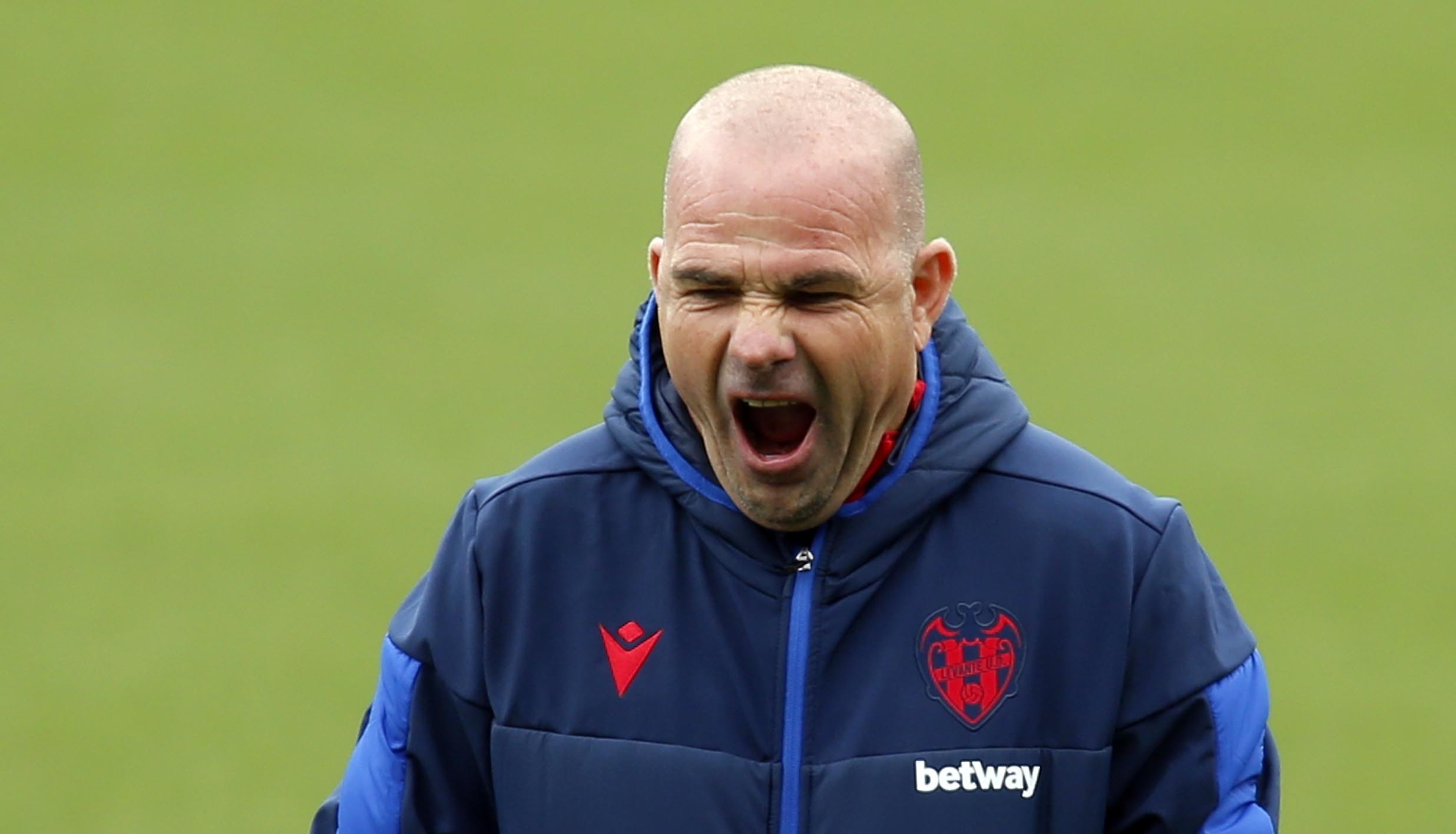According to the Centers for Disease Control and Prevention (CDC), adults should sleep between seven and eight hours each night. And if you are over 60, it is recommended to sleep even more — up to nine hours. However, if you are like many people (all of us?), you may be sleeping much less. Should you worry if you hardly reach six hours? The short answer given by all experts is yes. Moreover, there is no better measure for longevity than rest. Our restorative moment.
"Sleep deprivation is no joke and can affect a wide range of physical and mental functions, including alertness, cognitive performance, memory, emotional regulation, metabolic function, and even the strength of the immune response," explains Dr. Katherine Lozano, a specialist in integrative medicine at Palasiet Wellness Clinic & Thalasso.
How much sleep does each person need?
However, your personal need for sleep — the minimum amount you need in a 24-hour period to function — is highly individual. In fact, genetics explain up to 30% of that need, according to a study, which could explain why some people can function well with less sleep, while others need much more to feel rested.
"Scientists agree that less than 5% of the population has these mutations that allow them to sleep little without negative consequences. In contrast, most people who believe they sleep well with less than six hours actually suffer cognitive, metabolic, and emotional impairment, as shown by many longitudinal studies," says Lozano. In this review of studies, for example, sleeping less than six hours per night is associated with a 12% increase in the risk of death.
Can a smartwatch help measure it?
The thing is, your need for sleep is not a number you can see on a smart device or even discover in a formal sleep study. But you can find out with some observation, for example, by seeing how much you sleep when you eliminate factors that commonly disrupt your rest, advises Dr. Lozano, such as turning off screens two hours before sleeping, or not exercising too late because it activates us, keeping the room at a good temperature and dark...
"Biohacking, which is so trendy now, refers to the integration of technology with biological aspects. Although it sounds modern, it is nothing more than continuous monitoring. It is similar to what we do in consultation: we take blood pressure, perform electrocardiograms, observe heart rate... The difference is that these devices do it constantly, 24 hours a day. If I have a watch that indicates I slept 1 hour and 20 minutes in deep sleep, is that reliable? It will depend a lot on the device. These devices usually detect the REM phase, when we dream, which is not the same as deep sleep," describes Dr. Lozano.
As a professional, the doctor has found that many people, with the rise of devices, become obsessed with measuring everything. "This ends up generating more stress. It is good to be aware, but not to be carried away by the idea of absolute control. We believe more in creating healthy lifestyle habits. The idea is that, if you get sick one day, you have a physical and emotional foundation that allows you to overcome the illness. It is preventive medicine. And sleep is the best anti-aging for that. One of the best habits to implement," asserts Lozano.
Difference between deep sleep and REM
Sleep is divided into two types: Non-REM sleep and REM sleep, specifies the doctor. "First, we go through light sleep, then deep sleep, which helps our body recover and our memory. Then comes REM sleep, when we dream and our brain is very active. These cycles repeat several times during the night so that you rest well and your body and mind function better."
Restorative sleep requires completing all sleep phases. Now, what happens? Deep delta wave sleep is more frequent in the first half of the night. "It occurs between 10 p.m. and 1 a.m. If you go to bed later, like at 11 p.m., you are already losing a crucial hour of deep sleep, even if you sleep eight hours. And if, in addition, you do not meet the eight hours of sleep, you are likely to wake up in an incorrect phase, which generates fatigue."
The importance of deep sleep
Sleep alternates between REM and non-REM phases. "If you do not complete cycles, you wake up tired. Women, due to hormonal issues and according to their menstrual cycle, may require even more hours of sleep for this reason," points out the Palasiet's head. "Deep sleep has crucial characteristics, such as being difficult to wake someone up in this phase. It is when the most physical repair and cellular recovery occur, and the immune system is strengthened. It is also important for the consolidation of declarative memory: facts, data...".
So, even if you sleep eight hours, if you go to bed at three in the morning binge-watching Netflix episodes or endlessly scrolling on TikTok, you are not resetting your body properly. "Your body follows an internal biological clock, the circadian rhythm, which regulates sleep, temperature, hormones, and other functions. This clock is synchronized with natural light and darkness cycles. Sleeping at very late hours, even if you meet the recommended eight hours, breaks that synchrony. Watching series or using social media late activates the brain, hinders relaxation, and delays the onset of deep sleep. Additionally, the blue light from screens inhibits melatonin, the hormone that induces sleep," concludes the doctor.
In conclusion, sleeping eight hours is important, but the schedule is equally or more important. "Sleeping from 11:00 p.m. to 7:00 a.m. is not the same as from 3:00 a.m. to 11:00 a.m., even if in both cases you sleep eight hours. The body needs regularity and alignment with the natural rhythm of day and night to function well."
